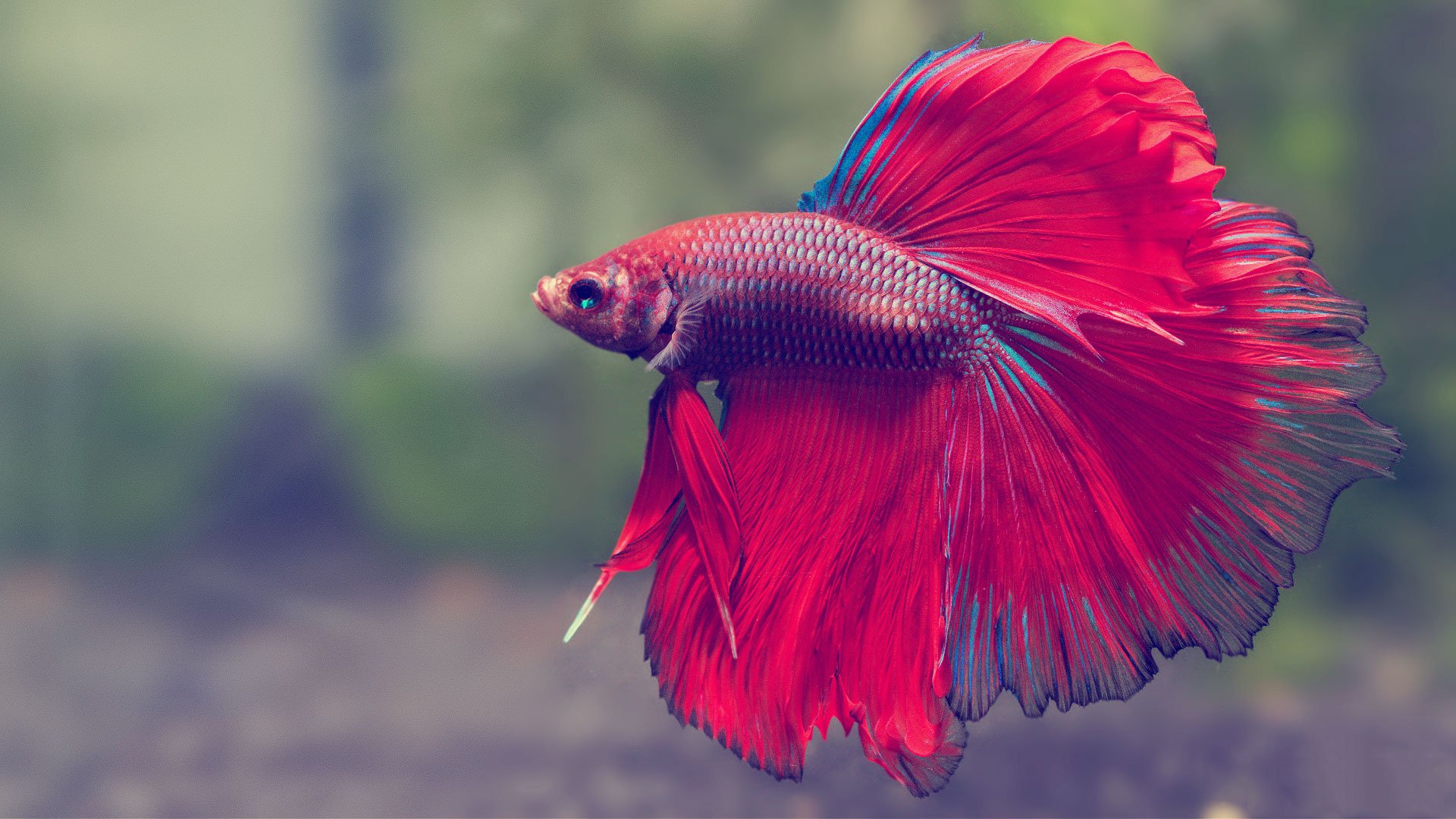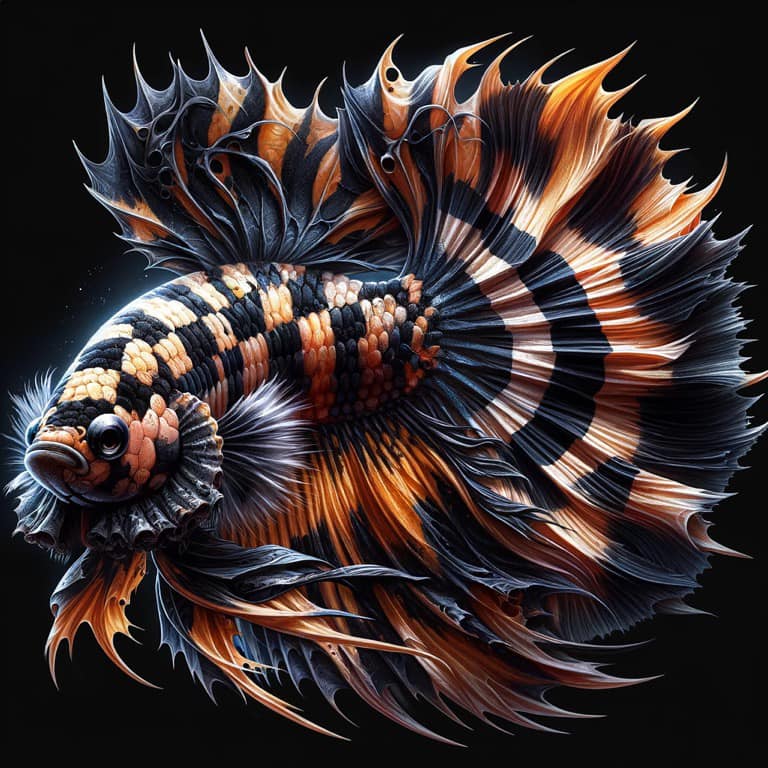The Ultimate Betta Fish Care Overview for New Animal Owners
All About Betta Fish: Comprehending Their One-of-a-kind Requirements, Habits, and the Best Practices for Optimal Care
Comprehending the unique demands and actions of Betta fish is crucial for any type of aquarist looking to supply optimal care. These fascinating creatures, belonging to the warm waters of Southeast Asia, display unique territorial propensities and call for specific ecological problems to thrive. From picking the right container dimension to acknowledging prospective wellness concerns, numerous aspects significantly affect their wellness. As we discover these elements further, the effects for both novice and seasoned fish caretakers come to be progressively obvious, questioning about just how best to suit these remarkable fish in our homes.
Betta Fish Introduction
Although typically appreciated for their vibrant colors and flowing fins, Betta fish, scientifically referred to as Betta splendens, are complicated creatures that need specific treatment to prosper. Originating from Southeast Asia, these freshwater fish are recognized for their territorial nature and unique actions. Betta fish exhibit sex-related dimorphism, with men displaying much more brilliant shades and longer fins than women.
Their hostile tendencies, especially among men, require careful factor to consider when real estate them. Bettas are usually kept in single-specimen tanks to stop territorial disagreements. Nonetheless, they can exist side-by-side peacefully with specific suitable species in larger area tanks, provided the environment satisfies their needs.

To make sure optimal treatment, aquarists have to comprehend their special behavior traits, dietary needs, and environment requirements. betta fish. With appropriate attention, Betta fish can show their lively personalities and prosper in a properly maintained aquarium setting
All-natural Habitat and Atmosphere
Betta fish thrive in a varied series of all-natural environments, mostly located in the superficial waters of Southeast Asia, consisting of rice paddies, swamps, and slow-moving streams. These settings are defined by warm temperatures, typically between 75 ° F and 82 ° F(24 ° C and 28 ° C ), and a pH level varying from 6.5 to 7.5, which is excellent for their wellness and wellness.
In their all-natural environments, Betta fish are accustomed to thick vegetation, giving both shelter and breeding premises. The existence of plants such as floating water lilies and thick lawns not just offers defense from predators yet additionally adds to the oxygenation of the water, which is vital for their respiratory needs. Furthermore, these environments commonly have areas of still water, allowing Betta fish to exhibit their natural behaviors such as bubble nesting.
Comprehending the natural environment of Betta fish is critical for fish tank lovers. Replicating these conditions-- through water temperature level, pH equilibrium, and the incorporation of real-time plants-- can substantially improve the general wellness and durability of these fascinating fish, guaranteeing they grow in a home fish tank setup.
Social Habits and Communications
Understanding the social habits and interactions of Betta fish is essential for successful aquarium monitoring. Betta fish, or Siamese combating fish, are understood for their unique behavioral characteristics, identified largely by territoriality and hostility.
Conversely, women Bettas display less aggressive actions and can exist together in groups, known as sororities, if presented correctly. Nevertheless, it is vital to check their interactions closely, as power structure and prominence can cause conflicts. Understanding the dynamics within a Betta neighborhood is important; developing hiding areas and making sure sufficient room can minimize aggression.
In addition, Betta fish might likewise present inquisitiveness and social habits towards other varieties. While they can coexist with certain non-aggressive container mates, it is important to choose suitable varieties to prevent anxiety and aggression. Generally, identifying these social communications is key to fostering a harmonious aquarium environment for Betta Continued fish.
Essential Care Standards
Supplying appropriate look after Betta fish is vital to their wellness and health. To guarantee a flourishing setting, it is important to maintain optimum water conditions. The water temperature should be kept between 76 ° F and 82 ° F(24 ° C to 28 ° C), while pH levels need to range from 6.5 to 7.5. Routine water adjustments-- roughly 25% weekly-- aid maintain water quality.
Betta fish call for a suitable container dimension; a minimum of 5 gallons is suggested to supply sufficient space for swimming and hiding. Include designs and plants to develop a stimulating setting, but avoid sharp things that might harm their delicate fins.

Last but not least, make certain the container is geared up with a filter to keep the water clean, but utilize a mild filter to prevent solid currents that can stress the fish. By complying with these vital treatment standards, owners can promote a healthy and balanced and vibrant Betta fish.
Common Health Issues and Solutions
In the treatment of Betta fish, awareness of usual health problems is essential for keeping their health. One widespread issue is fin rot, frequently triggered by bad water top quality or bacterial infection. Symptoms include torn or stained fins. To deal with fin rot, boost water problems and consider using a broad-spectrum antibiotic.
Another common condition is ich, a parasitical infection defined by white places on the fish's body (betta fish). Therapy involves boosting water temperature and adding aquarium salt to the container, as this can assist remove the bloodsucker
Swim bladder condition is also frequently observed, leading to buoyancy problems. This condition might develop from overfeeding or bowel irregularity. A fasting duration of 24-48 hours, adhered to by a diet plan of blanched peas, can offer alleviation.
Last but not least, bettas may experience velvet illness, shown by a gold dust-like look on their skin. Treatment commonly needs medication especially made for external bloodsuckers, along with boosted storage tank hygiene.
Regular tracking of water try this site criteria, maintaining a clean atmosphere, and offering a well balanced diet plan are essential precautionary steps. By attending to these health concerns without delay, Betta fish can lead much healthier, a lot more vibrant lives.
Final Thought
In recap, successful betta fish care requires an understanding of their one-of-a-kind requirements and habits. Offering an ideal atmosphere, including suitable tank dimension and water conditions, is important for their wellness. In addition, acknowledging their territorial nature and guaranteeing appropriate hiding places can avoid hostility. Regular surveillance of health and water high quality, together with a balanced diet, adds to the longevity and vibrancy of betta fish. Following these standards will cultivate a thriving water community for these exciting creatures.